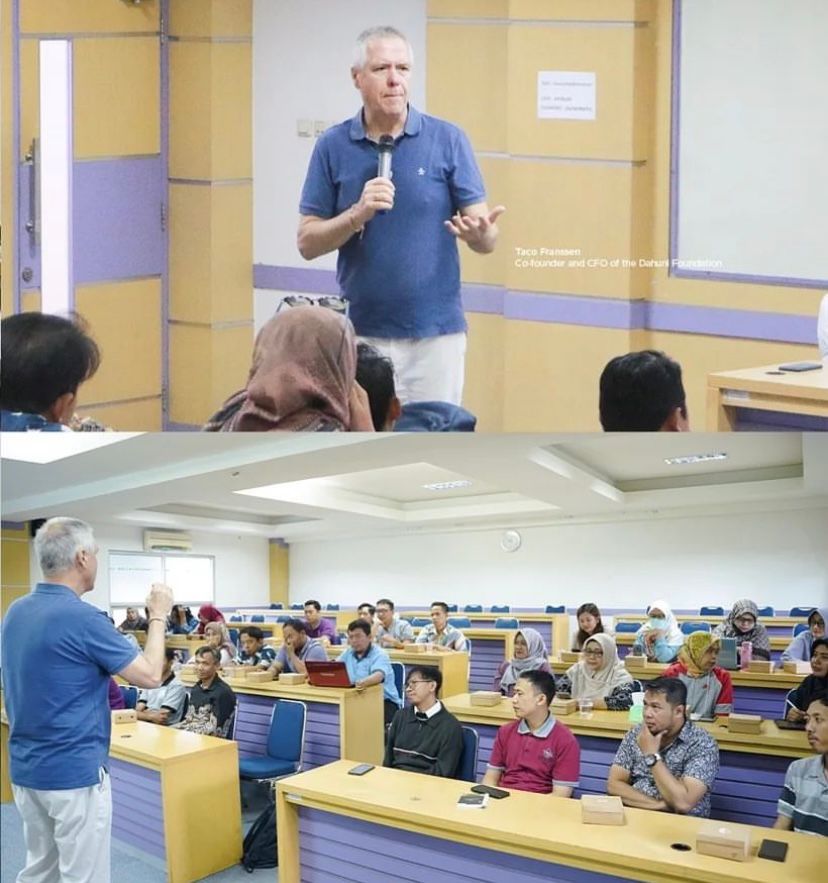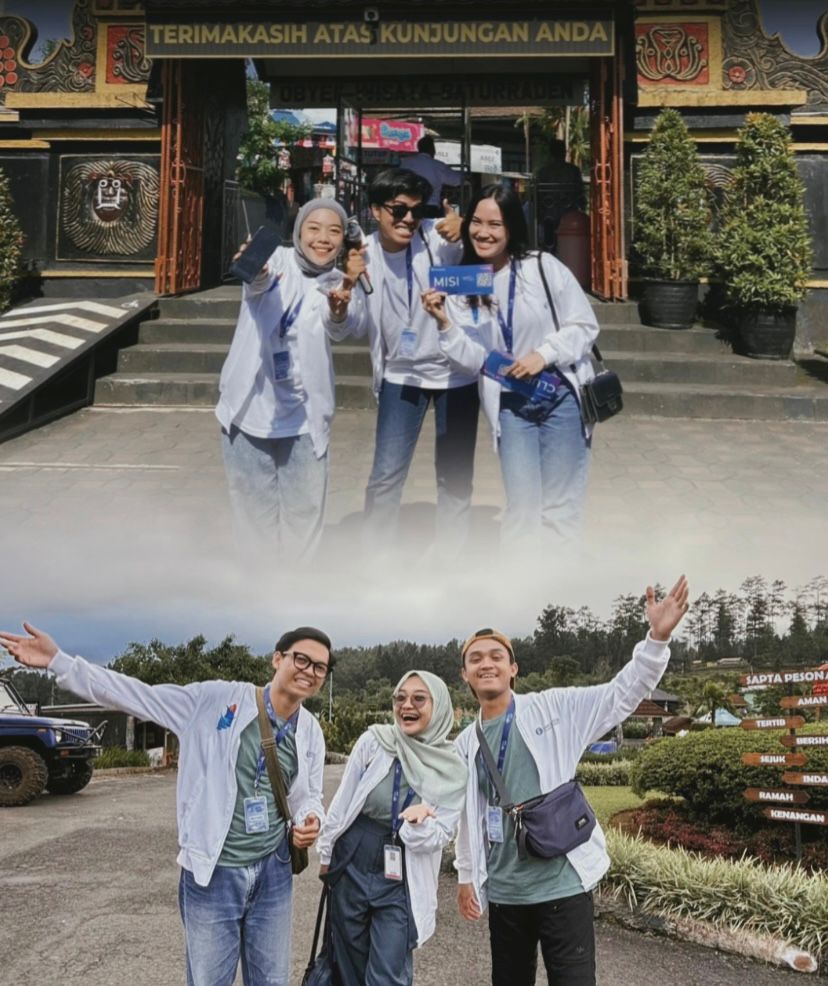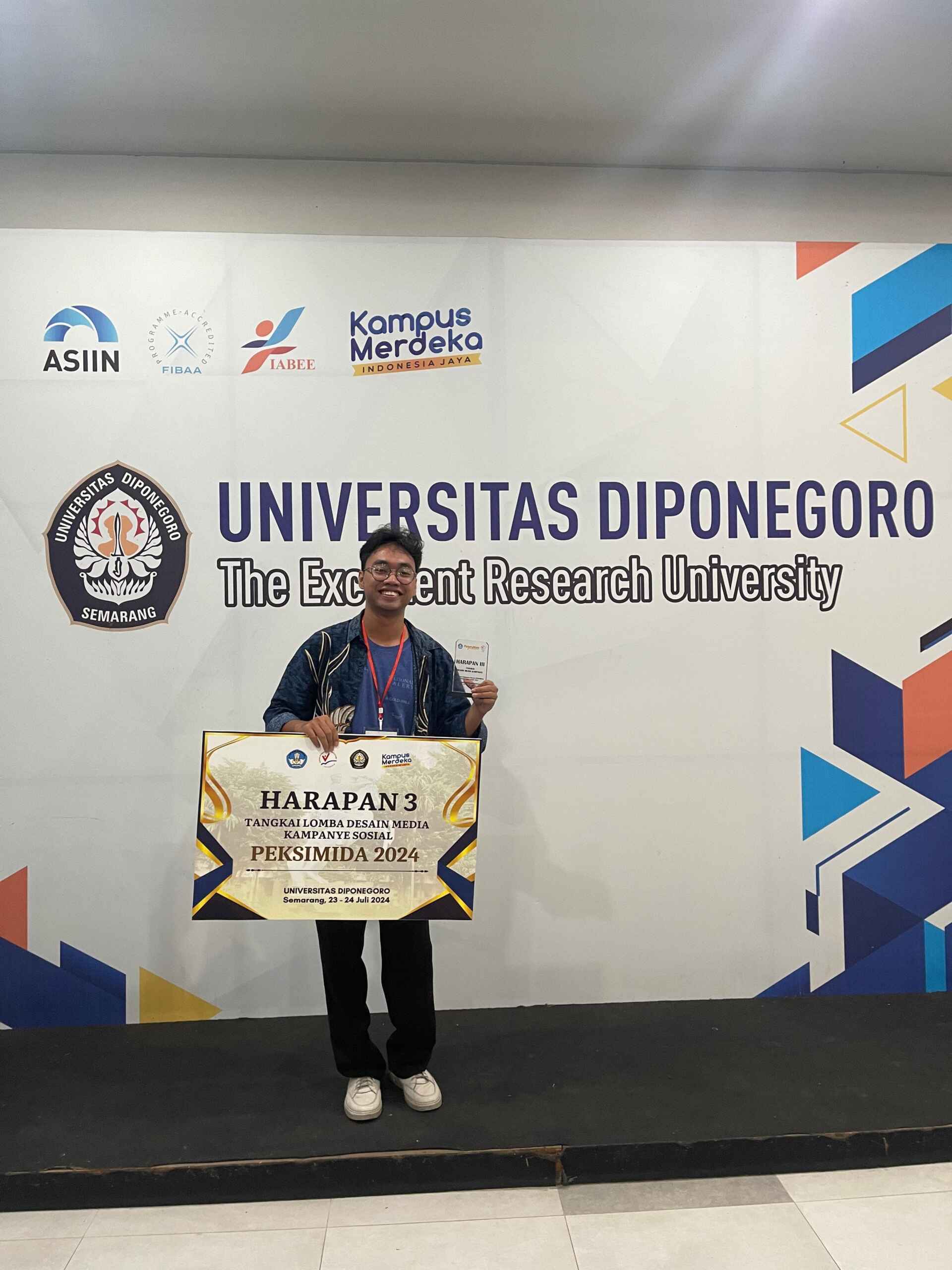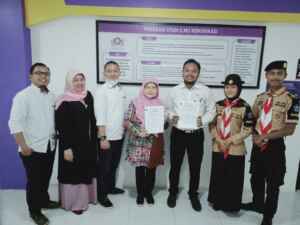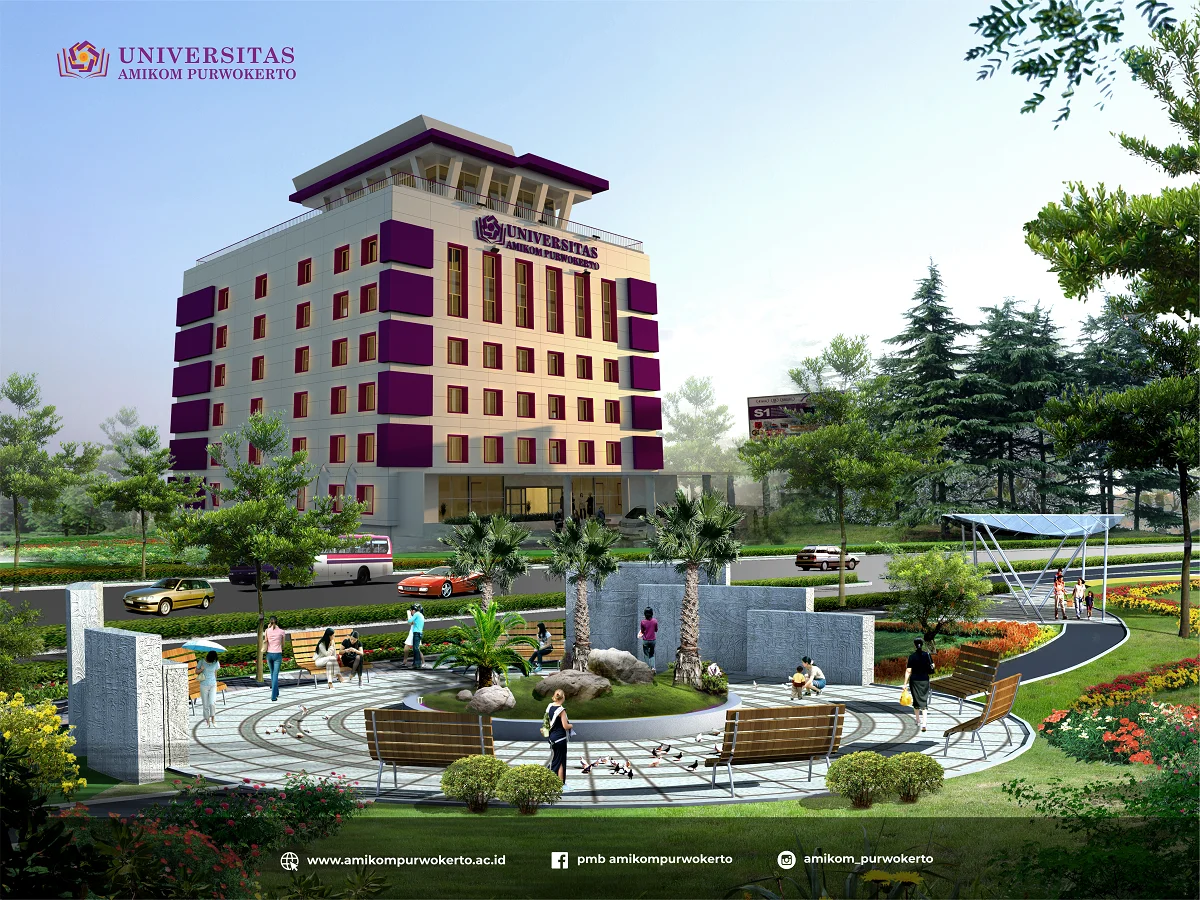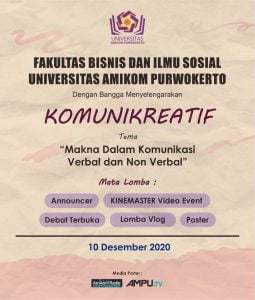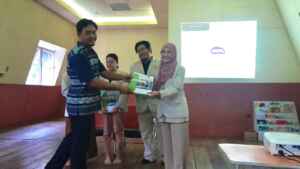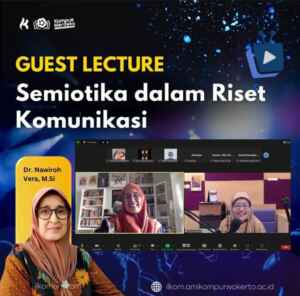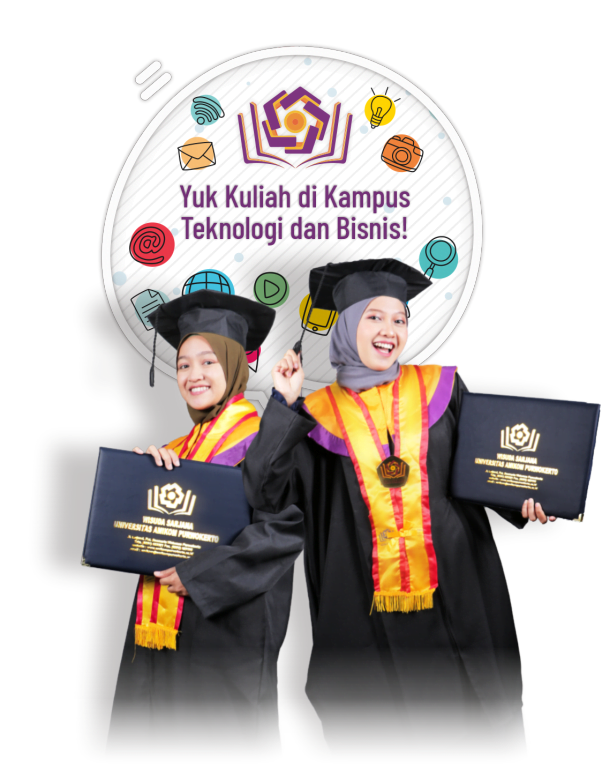Universitas Amikom Purwokerto, Kampus IT dan Bisnis Digital Banyumas, Jawa Tengah.
PANDEMICS AND THE ENTANGLING OF SCIENCE AND POLITICS
The prominent role scientists play in social life has never been more evident than during the new coronavirus (SARS-CoV-2 / COVID-19) pandemic. From the outset, health scientists mobilized to investigate threats from COVID-19 and provided recommendations to inform governmental responses (Chugh et al. 2020; Ghebreyesus and Swaminathan 2020). As the virus spread, physicians and scientists not only advised policymakers, but they also appeared in the media, where the public looked to them for understanding about both virus-related risks and appropriate mitigating behaviors. While the visibility of scientists during the COVID-19 outbreak is notable, they have long provided guidance to both health authorities and the public during pandemics such as Ebola, H1N1 (swine flu), severe acute respiratory syndrome, and Zika virus (Anderson et al. 2004; Bouzid et al. 2016: Chan et al. 2018; Klemm, Das, and Hartmann 2016).
Government officials working to combat the spread of COVID-19 drew from past experiences with health-related messaging during pandemics that underscored the importance of the public’s trust in information providers in shaping understanding of risks and compliance with public health recommendations (Cairns, De Andrade, and MacDonald 2013; Dryhurst et al. 2020; van Baalen and van Fenema 2009; Siegrist and Zingg 2014). “Follow the science” became central to pandemic messaging as many believed that conveying to the public that responses to the new coronavirus were adhering to scientists’ recommendations would instill confidence. In early 2020 as COVID-19 emerged, significant majorities of the U.S. public supported health scientists leading responses to the pandemic and were in favor of virus mitigating policies (McFadden et al. ). Nonetheless, as uncertainty about COVID-19 continued, and some science-based public health recommendations had negative economic effects or conflicted with core values such as personal freedom, scrutiny of the scientific community intensified. Some questioned scientists’ leadership within pandemic-related policy making and the discourse surrounding the pandemic increasingly became politicized. In the wake of these trends, many looked to politicians rather than scientists for leadership regarding the virus.
Wide-ranging social factors shape public perceptions of science and beliefs about scientists can influence assessments of risks as well as governmental actions focused on science-related concerns (Brewer and Ley 2012; Gauchat 2012, 2015; Motta 2018a; Safford and Hamilton 2020; Safford, Hamilton, and Whitmore 2017; Safford, Whitmore, and Hamilton 2020, 2021; Renn and Levine 1991). In the case of COVID-19, trust in science has been connected to compliance with virus control measures such as social distancing and masking as well as vaccine use (Dohle, Wingen, and Schreiber 2020; Fazio et al. 2021; Kazemian, Fuller, and Algara 2021; Latkin et al. 2021; Plohl and Musil 2021). What is less clear is how beliefs about the practice of science affect pandemic-related views, to what extent such beliefs have shifted during COVID-19, and how support for former U.S. President Donald Trump may connect to perceptions of scientists’ integrity, trust in science agencies for guidance, and confidence in the U.S. Government’s COVID-19 response.
We seek to expand knowledge on these topics, first, asking how, if at all, general beliefs about scientists’ objectivity in their methodological practices, and the social bases of those beliefs, may have changed during the time of COVID-19. We then consider whether perceptions of scientists’ integrity, along with other key factors such as approval of political leaders, affect trust in science agencies as sources for virus-related information and confidence in the federal government’s responses to different pandemics. To answer these questions, we utilize data from public polls conducted in the U.S. state of New Hampshire during the 2016 Zika virus pandemic as well as the 2020 COVID-19 crisis. These surveys include questions that query beliefs about scientists’ practices, trust in health science agencies, and confidence in the government’s response to these pandemics. While these data are limited to one state, and should not be over-generalized, they offer an informative longitudinal perspective on how the public perceives scientists’ integrity, and as these polls contain questions about approval of former Presidents Barak Obama and Donald Trump, they enable assessment of how confidence in these leaders relates to pandemic views.
Our analyses confirm that the questioning of scientists’ objectivity began well before the era of COVID-19 and that beliefs about scientists’ integrity strongly relate to trust in the U.S. Centers for Disease Control and Prevention (CDC) for virus information during both outbreaks as well as confidence in the government’s efforts to combat Zika virus in 2016. Presidential approval also predicts beliefs about scientists’ integrity and trust in the CDC, but the directionality shifts between 2016 and 2020. Obama supporters are more likely to believe scientists are objective and trust the CDC, while Trump supporters are more apt to question the integrity of scientists and distrust science agencies. While both Obama and Trump supporters are logically more confident in these presidents’ administrations’ response to the two pandemics, during COVID-19, confidence in the government’s response to the virus becomes more sharply political and relates strongly with support for President Trump. These findings suggest that the intertwining of politics and beliefs about scientists has amplified during COVID-19 and illustrates the importance of expanded social science investigation of the science–politics nexus and its implications for ongoing pandemic-related issues such as vaccine hesitancy and mitigating the spread of COVID-19 variants.
THE SOCIAL ROLE OF SCIENTISTS IN SOCIETY
Science is a key social institution that shapes social life in myriad ways, and scientists’ prominent position in society in part reflects socialized views of the rigor of scientific practices (Collins and Evans 2002; Gieryn 1983; Wynne 1995). Similarly, scientists’ extensive training, technical expertise, and unique knowledge make them trusted sources of information regarding science-related issues (Jasanoff 2010; Hamilton, Hartter, and Saito 2015; Hoffman 2015; Nadelson et al. 2014). Nonetheless, as scientists become directly engaged in more contentious policy concerns and are more visible to the public, there is increasing scrutiny of their trustworthiness and credibility, and political leaders often become alternative sources for information and guidance (Bauer and Jensen 2011; Besley and Nisbet 2013; Fiske and Dupree 2014; Hamilton and Safford 2020a, 2020b; Leiserowitz et al. 2013; Motta 2018a, 2018b; Nadelson et al. 2014; Safford et al. 2014; Safford, Hamilton, and Whitmore 2017; Safford, Whitmore, and Hamilton 2020; Vraga et al. 2018; Yamamoto 2012)
Trust has many dimensions, and in the case of scientists, entails conceptions of both their professional capabilities as well as character (Fiske and Dupree 2014; Renn and Levine 1991). A recent study by Besley, Lee, and Pressgrove (2021) points to four features that are central to public perceptions of the trustworthiness of scientists—competence, benevolence, openness, and integrity. The extent to which the U.S. public perceives scientists focused on COVID-19 as trustworthy likely links to all four of these characteristics. However, a 2019 study by the Pew Research Center highlighted Americans’ heightened concern about scientists’ integrity. They found that approximately one-third of respondents believed that the scientific method can be used to produce any conclusion the researcher wants, and nearly half of their respondents also indicated scientists’ judgments are just as likely to be biased as other people’s (Funk et al. 2019). These findings point to the importance of investigating how perceptions of scientists’ objectivity in their practices may shape pandemic-related views.
While the practice of science is founded on rigorous methods, degrees of uncertainty are a normal part of scientific inquiry, and important components of scientific findings, such as detailed discussions of probabilities, can be confusing to laypeople (Irwin and Wynne 2003). Relatedly, misinformation and misperceptions regarding the normal process of the scientific debate have led to the erosion of scientists’ credibility (Chryssochoidis and Krystallis 2009; Iyengar and Massey 2019; Irwin and Wynne 2003; Millstone and Van Zwanenberg 2000), while dissonant science communication from both liberal and conservative political perspectives has also contributed to the deterioration of trust in the scientific community (Nisbet, Cooper, and Garrett 2015).
To instill public confidence in science, it is critical for scientists to communicate and behave in ways that demonstrate their trustworthiness as well as expertise, especially when discussing science-based policy recommendations (Bolsen and Druckman 2015; Eichengreen, Aksoy, and Saka 2021; Fiske and Dupree 2014). Previous analyses of communication during pandemics illustrate that the media, public officials, and scientists themselves typically focus on underscoring risks and do not emphasize how supporting data were analyzed nor clearly convey limitations and uncertainty, as these purveyors of information often believe such details can be confusing or misinterpreted (Chan et al. 2018; Frewer et al. 2003; Kasperson and Kasperson 1996; Klemm, Das, and Hartmann 2016; Majid et al. 2020; Pellechia 1997). A recent cross-national assessment of past health crises also indicates that as societies struggle to contain pandemics, trust in scientists declines over time (Eichengreen, Aksoy, and Saka 2021). These authors also discovered confusion among their respondents related to the uncertainty inherent to scientific findings, and this connected to declines in public perceptions of scientists’ trustworthiness. They suggest similar trends may be occurring in the wake of the scientific uncertainty associated with the coronavirus pandemic (Eichengreen, Aksoy, and Saka 2021). Grappling with the rising distrust in science will be critical in the future, as research shows that when scientific guidance is not clear or perceived as credible, individuals will rely on more ideologically oriented sources (Hamilton, Hartter, and Saito 2015; Kreps and Kriner 2020; McCright and Dunlap 2011; Nisbet, Cooper, and Garrett 2015).
In the United States, views about science and scientists have increasingly become political (Bolsen and Druckman 2015; Brewer and Ley 2012; Hamilton, Hartter, and Saito 2015; Hamilton and Safford 2020a, 2021b; Nisbet, Cooper, and Garrett 2015; Safford, Whitmore, and Hamilton 2021). This shift appears connected to a broader erosion of trust in science and links in part to growing anti-intellectualism among some Americans. (Blank and Shaw 2015; Gauchat 2012; Merkley 2020; Motta 2018a, 2018b; Oliver and Rahn 2016). While responding to crises like COVID-19 is of singular importance to health officials, public perceptions of pandemic responses happen within the context of other policy debates, and political polarization can affect approaches to health emergencies just as they shape other social issues (Greer and Singer 2017; Singer, Willison, and Greer 2020) The science–politics nexus has been well-documented, and this literature underscores how the politicization of science contributes to the erosion of scientific authority, which in turn influences attitudes about scientists’ engagement in policy responses to science-related concerns (Brewer and Ley 2012; Gauchat 2012; Hamilton, Hartter, and Saito 2015; Hamilton and Safford 2020a, 2020b, 2021a; Merkley 2020; Motta 2018a, 2018b; Safford, Hamilton, and Whitmore 2017; Safford, Whitmore, and Hamilton 2020, 2021).
Wide-ranging research has focused on what could be termed the social bases of COVID-19 beliefs, examining issues such as perceptions of virus-related risks, confidence in…
Mahasiswa Jurusan Ilmu Komunikasi Universitas Amikom Purwokerto


